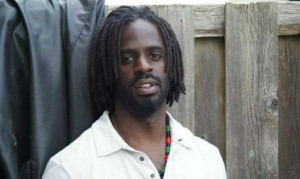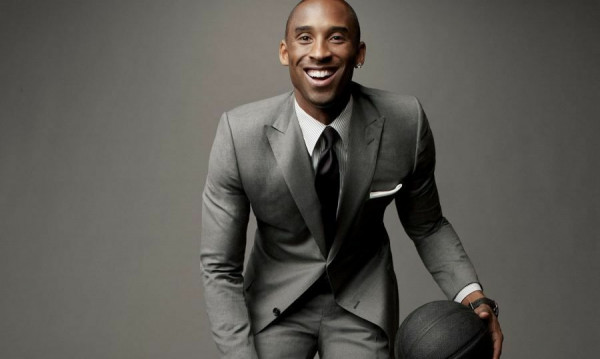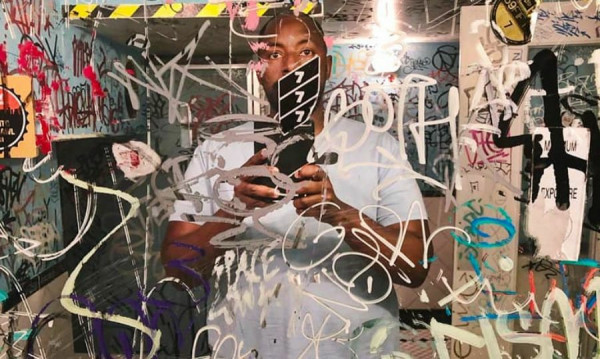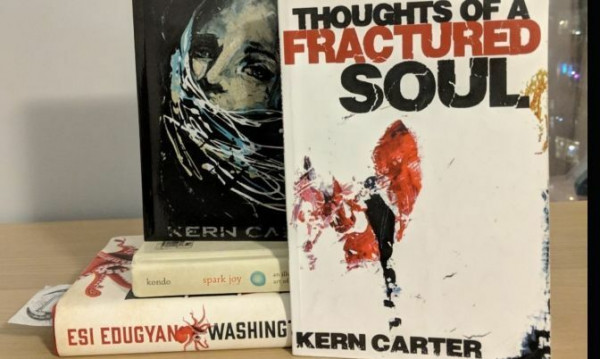I’ve always found this time of year to be slightly comedic, from a carnival culture point of view. I did not get a chance to go carnival in Trinidad this past March, so that means I’ve been stuck with whatever pseudo incarnations of carnival exist in The 6 (aka Toronto). As I write this I am being bombarded with invites from hustlers of all stripes peddling Caribana parties, cook outs and costumes on Facebook, Twitter and Instagram. And I find it funny and slyly subversive that none of these promoters or community members care to bother to refer to the festival or any affiliated events as its correct name: Scotiabank Toronto Caribbean Carnival.
Is it because the Black and Caribbean community who originated, invented and ushered in this festival concept have little love for what passes for Caribana these days, or for Scotiabank, who have been event sponsors since 2008? Or is it the fact that since the City of Toronto-appointed Festival Management Committee – who oversee the festival’s operations – got their mitts all over the festival in 2006, feelings of cultural theft still allegedly remain? Or perhaps not enough Afro-Caribbean folk care to mess with Canada’s third largest bank (Scotiabank)?
I have no hard data on this, but I can tell you that Canada’s leading bank, Royal Bank of Canada has had branches operating in the Caribbean since 1882, before any of the rest, including Scotiabank who had a branch in Kingston Jamaica in 1889. Despite boasting some great promotional mortgage programs like StartRight designed for newcomers, Scotiabank’s naming sponsorship rights gets shown little love. Kind of like singer Robin Thicke, who poured it on too thick on his latest album Paula, which sold a paltry 552 copies in Canada in its first week. But I digress. I’ve been told that discount mortgage rates for newcomers or not, simply saying the words “Scotiabank Toronto Caribbean Carnival” is way too much of a mouthful.
And yet still others chalk it up to the slow, steady decline of Toronto Carnival civilization, which perhaps needs a boost from some more progressive, youthful entities who might view community festivals, economics and celebrations of arts and culture in a different way (read: retain ownership). And these are just some of the theories that I’ve been hearing. Now on to the fun stuff.
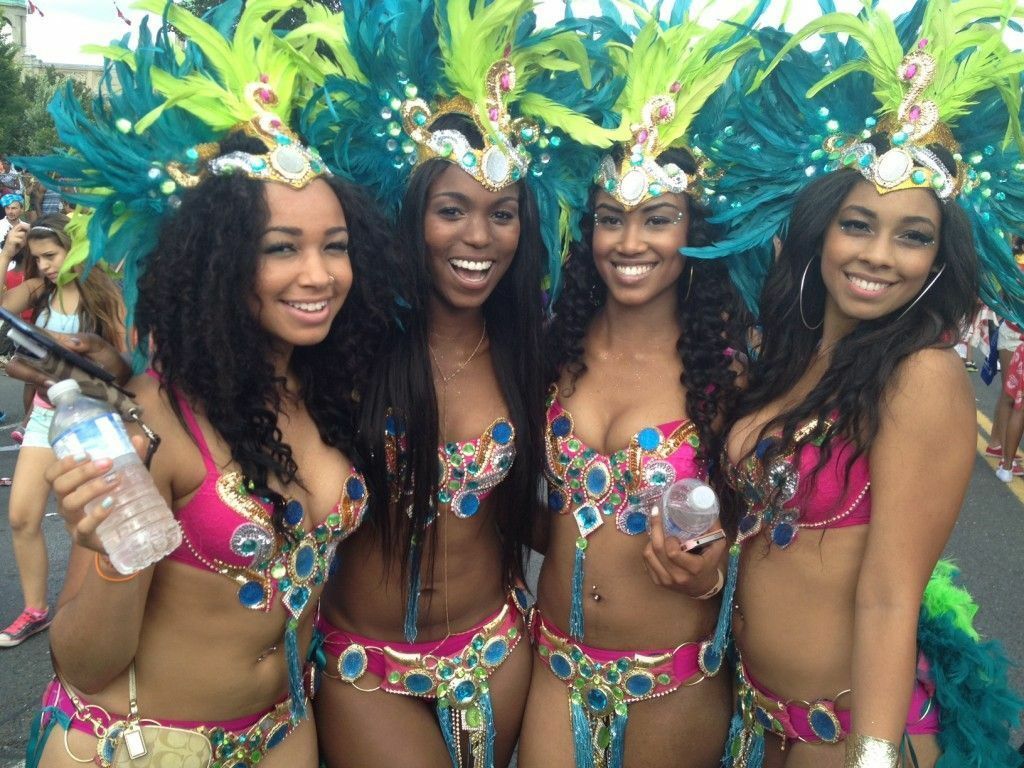 The group who actually started Caribana, the CAG (Caribana Arts Group) – which since 2005 has been acting as a newer incarnation of the old CCC (Caribana Cultural Committee) who operated the festival – successfully won and settled an $800,000 trademark infringement lawsuit filed against the Festival Management Committee (set up by the City of Toronto) and Scotiabank in mid-May of this year for continuing to use the Caribana name. As Knia Singh CAG chair remarked of the settlement: “Any legal action taken by the CAG was not done in malice, but done in principle. When the control over a festival of this nature is taken away from its creators and facilitators after it has given so much culturally, economically and socially, all that can be left is disappointment, hurt and disbelief. To stand up to corporations with endless resources in the name of what is just is not an easy task.” Likewise, dating back to 2010, Scotiabank Toronto Caribbean Carnival executives failed in their attempt to secure the rights to the “caribana.com” domain name, which has been owned by the Working Word Co-operative Limited since 1997.
The group who actually started Caribana, the CAG (Caribana Arts Group) – which since 2005 has been acting as a newer incarnation of the old CCC (Caribana Cultural Committee) who operated the festival – successfully won and settled an $800,000 trademark infringement lawsuit filed against the Festival Management Committee (set up by the City of Toronto) and Scotiabank in mid-May of this year for continuing to use the Caribana name. As Knia Singh CAG chair remarked of the settlement: “Any legal action taken by the CAG was not done in malice, but done in principle. When the control over a festival of this nature is taken away from its creators and facilitators after it has given so much culturally, economically and socially, all that can be left is disappointment, hurt and disbelief. To stand up to corporations with endless resources in the name of what is just is not an easy task.” Likewise, dating back to 2010, Scotiabank Toronto Caribbean Carnival executives failed in their attempt to secure the rights to the “caribana.com” domain name, which has been owned by the Working Word Co-operative Limited since 1997.
What’s my theory? I work on the ground, and let’s just say that bushels of Torontonians, across generations, are caught in a time warp, and spend much time harkening back to a time when the festival truly captured the imagination of Afro-Caribbean community members. I’ve also noticed that for bushels of millenials who have quicker access to info, the idea of gyrating one’s waist on city streets over a three week period, while Afro-Caribbean community members continue to reap little fiscal rewards from hosting the largest Carnival-styled festival of its kind in North America – A 2010 Ryerson study estimates that Caribana generates $438 million of economic activity annually –is just not as cute anymore.
The last time I checked, we were living in a capitalist society, so sometimes the real measure of success surrounding these black and Caribbean Carnival-styled ventures might boil down to getting answers to some tough questions; What percentage of the $438 million coming into the economy are going to black and/or Caribbean community members coffers? Is Scotiabank Toronto Caribbean Carnival doing anything to help the black and Caribbean community make its economic mark in this country, stimulate community job creation or address its activisms (eg. 75 per cent of youth murders are in the African Canadian community according to The African Canadian Coalition of Community Organizations, while Black youth unemployment levels are hitting all-time record highs).
Hey, I like to devour rotis and doubles as much as the next guy, and have produced successful concerts with the likes of everyone from Machel Montano and the Mighty Sparrow to Calypso Rose and David Rudder. But I don’t believe in leaving empty legacies to our youth, so for me it’s all about teaching Generation Next how not to get their art pimped out, exploited and appropriated, while helping to advance their revenue generation opportunities (sorry, selling bootleg “Free World Boss” tee’s does not a pension or 401k make).
When it was reported earlier this year that Grammy winner rapper Drake would receive a $300,000 grant from Celebrate Ontario to stage his two day OVO concert series as an exercise in helping to grow tourism in the province, while Scotiabank Toronto Caribbean Carnival which runs for three weeks only received $243,000, you could feel the shift in the air.
My challenge to you, the reader, is to take some time to educate yourself on some of the carnival traditions happening in your own Canadian backyard. That will make me the HMA (Happiest Man Alive).The festival has been running since 1967, but quickly, can you name eight Canadian calypso acts? Sorry, there’s no need to google names at this juncture. Admit, it, you might not know enough. Maybe it’s time to go check out the annual Canadian Calypso Monarch contest staged by OCPA happening tonight at the Chinese Cultural Centre (5183 Sheppard Ave E.).
Each person’s version of what constitutes a good calypso is somewhat different from the next, affected by generational outlooks, but what I can say is that there needs to be so much more going on in our minds now than hot pants, dance and dingolay.
This article originally appeared in PanAmericanWorld.

He is a Festival & Concert Presenter, Educator, Journalist, PR Pro and 24-7 Member of the Bloggerati.
Follow him on Twitter.
Unless otherwise expressed, the views expressed in the opinion column are not endorsed by the editors or publishers of ByBlacks.com
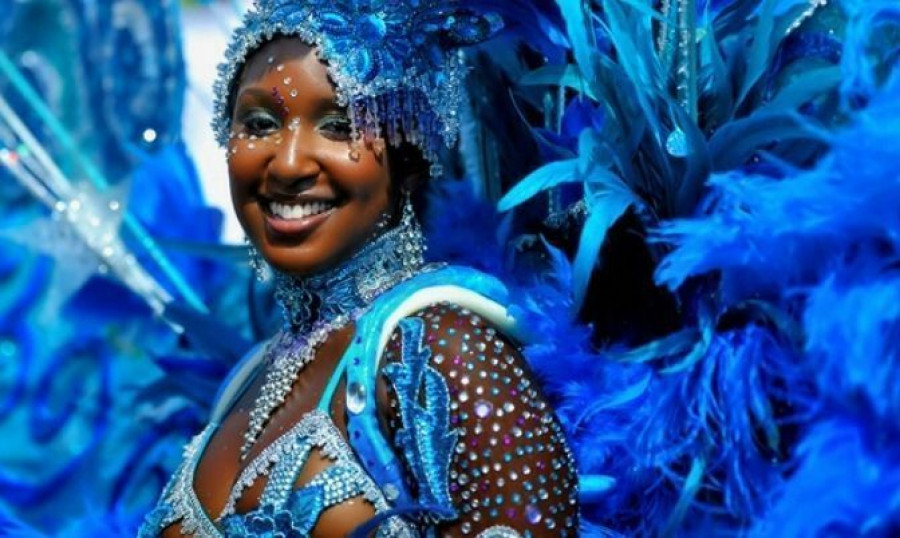
 By Dalton Higgins
By Dalton Higgins 




